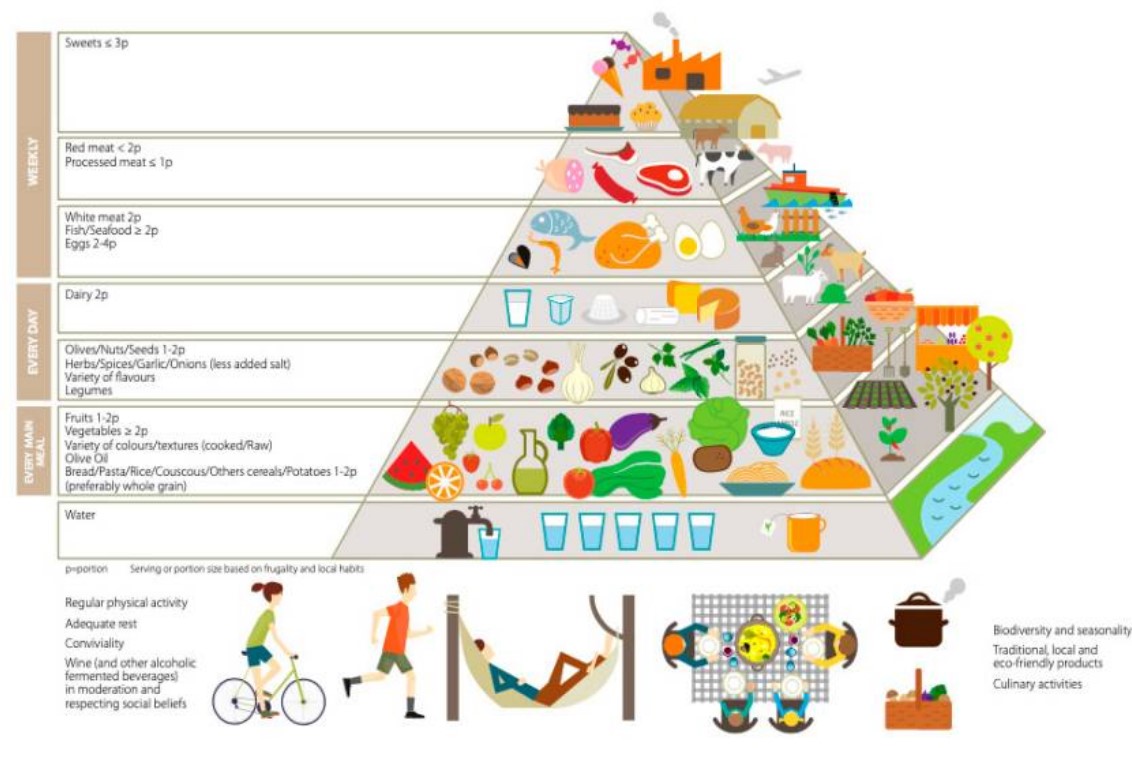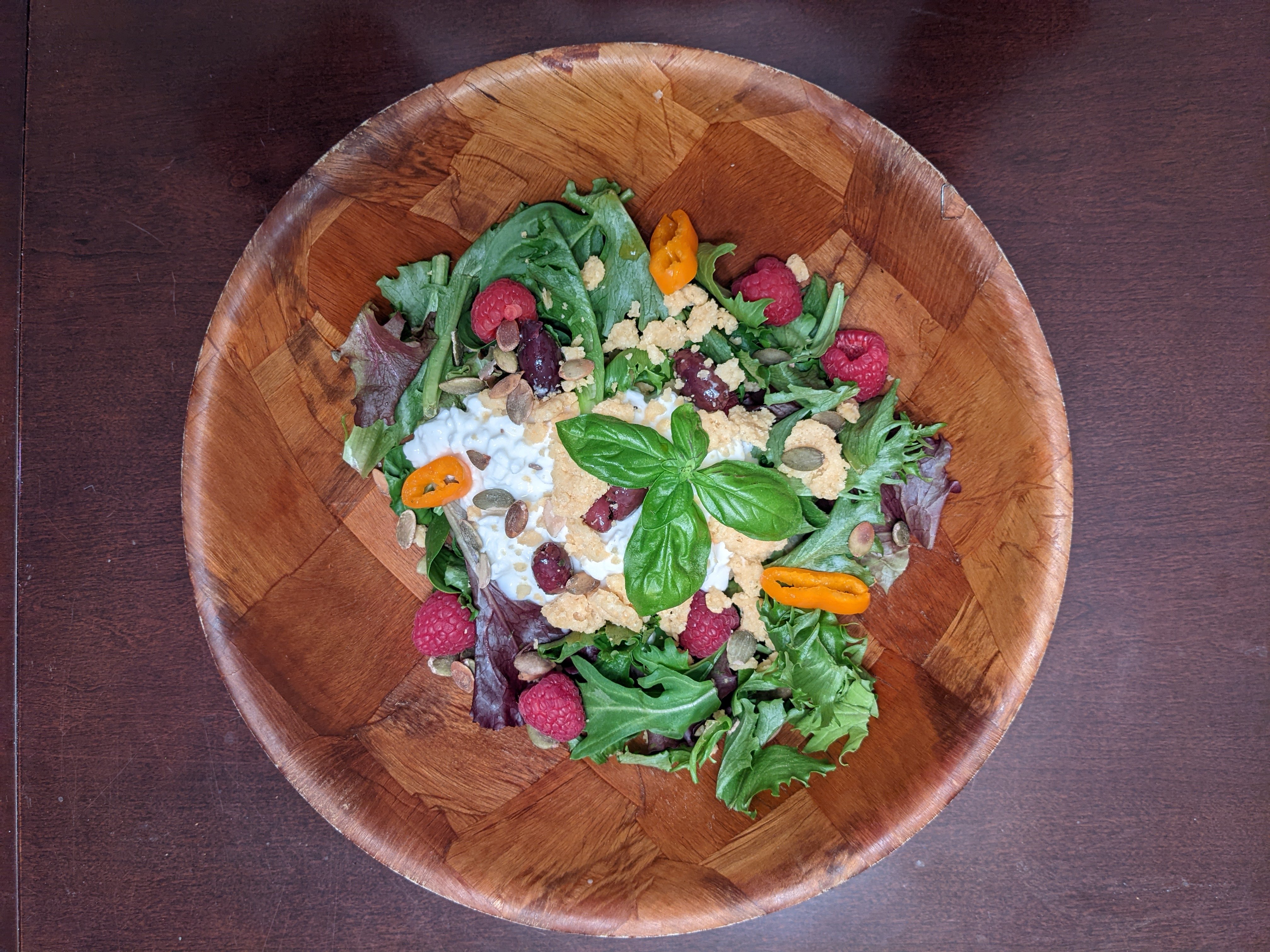The question and answer of what a healthy diet is depends on who is consuming it!
Eating well can reduce the risk of developing heart disease, high blood pressure, metabolic syndrome, type 2 diabetes, and even cancer.
For most of us with a healthy digestive tract and kidneys, a healthy diet is full of plant-based foods that grow out of the ground including lots of fresh vegetables and leafy greens; starchy vegetables including baked sweet potatoes and winter squash; fresh fruits especially berries and citrus; legumes such as black beans, lentils, peas, and organic soy; whole grains; nuts and seeds; and plenty of herbs and spices. Fermented foods can add a source of good bacteria as well.
Choose concentrated protein sources including seafood, grass-fed meats, poultry, eggs, and grass-fed dairy (i.e., foods from sources that walk, swim, or fly); and choose healthy fats from extra virgin olive oil, nuts, seeds, avocadoes, grass-fed butter, and cold-water fish.
Go organic whenever you can to reduce the toxic load on your body and on the planet.
Drinking enough purified mineral water is important as well and should be adjusted as needed for losses from sweating or other causes. Organic coffee, tea, and homemade lemonade can help meet hydration needs.
Occasional treats are fine, especially made with fresh berries or 50-60% cocoa dark chocolate with nuts, coconut, and greens powder.
How you prepare foods can make them more healthy or less healthy. Adding too much salt and sugar or deep-frying foods at high temperatures makes food less healthy. Instead, try a variety of herbs, spices, onions, and garlic. Try an air fryer for those traditionally deep-fried foods.
Cooking at higher temperatures for longer periods of time can deplete nutrients. It’s important to cook meats to a safe temperature but try to minimize overheating or overcooking other foods. It’s best to cook in glass or stainless steel and avoid the potential toxins found in many of the “non-stick” coatings used on cookware. Many of the healthiest foods don’t even need cooking including many vegetables, fruits, nuts, seeds, & chocolate 😊
Alas, a healthy diet for some may not be a healthy diet for all. Someone with kidneys that aren't working properly may need to restrict water, sodium, potassium, phosphorus, and other nutrients. Someone else with gastrointestinal problems may need to avoid gluten, FODMAPs, histamine, and inflammatory foods to name a few. We are as different on the outside as we are in the inside so it’s important to define what a healthy diet is for you.

Source: Serra-Majem, Lluís et al. “Updating the Mediterranean Diet Pyramid towards Sustainability: Focus on Environmental Concerns.” International journal of environmental research and public health vol. 17,23 8758. 25 Nov. 2020, doi:10.3390/ijerph17238758 Creative Commons Attribution (CC BY) license
